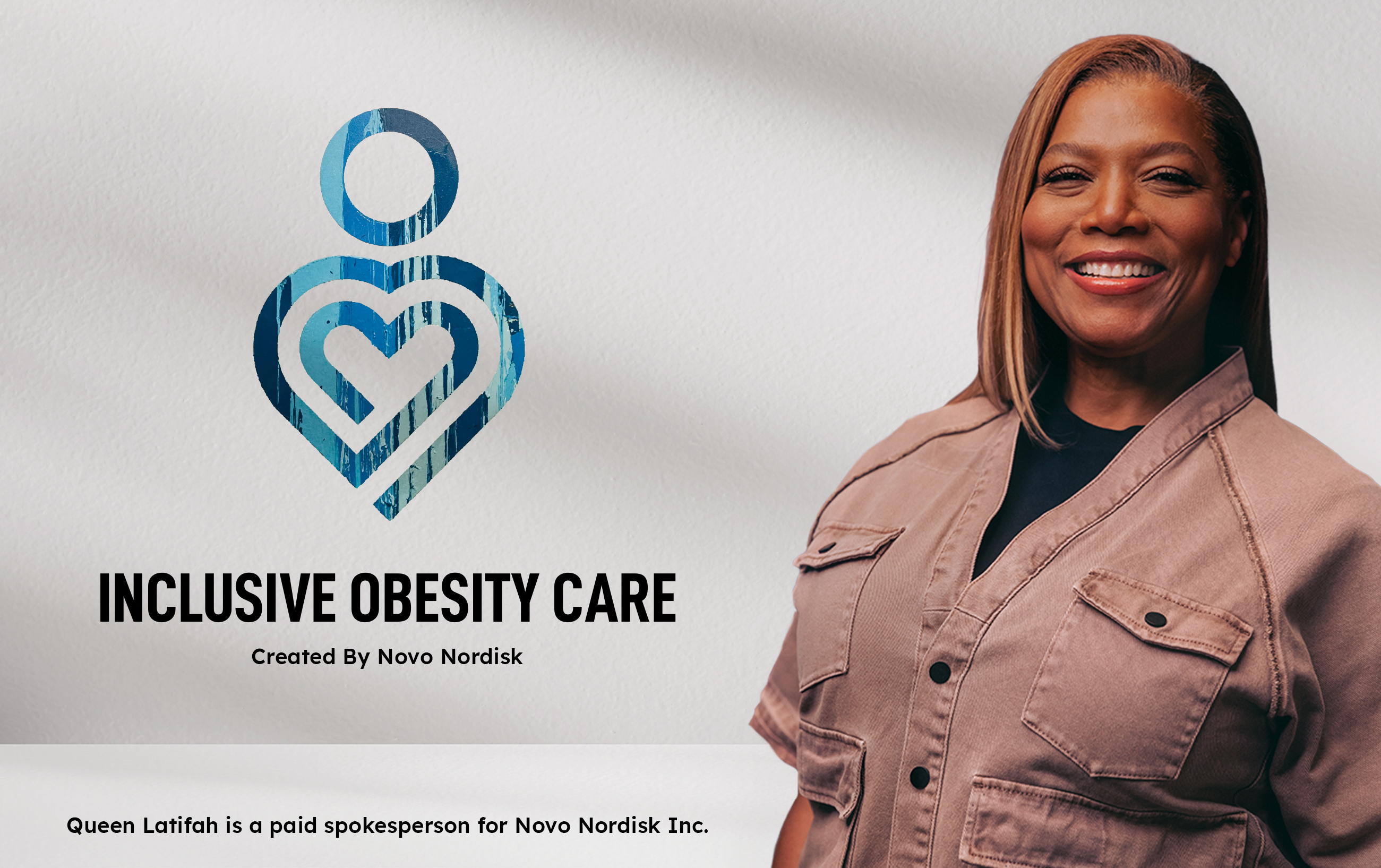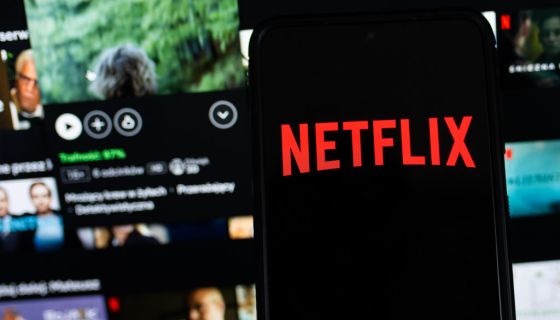
Source: Courtesy of / It’s Bigger Than Me
Queen Latifah wants people in the obese community to receive inclusive, judgment-free medical care.
The award-winning actress has partnered with “It’s Bigger Than Me” to promote weight-inclusive medical care and change how we discuss obesity. Sponsored by Novo Nordisk, the Inclusive Obesity Care Initiative provides a new symbol medical providers can place in their offices to indicate inclusive, attentive and compassionate treatment for those who are obese.
As the iconic hip-hip femcee pointed out, the numbers regarding obesity in America are stark and something to address.
“Four out of 10 Americans are obese, and 4 out of 5 Black women,” Latifah told People. “So this hits home for me.”
“66% of people with obesity have felt weight stigma from doctors,” the 53-year-old star added. “We want to make sure people receive care that’s compassionate, safe and respectful.”
The Equalizer star relayed that a family member she described as “morbidly obese” had experienced dismissive medical care due to their size. Latifah also highlighted that she faced hurtful comments as a child for being a “big kid for [her] age.”
Regarding how impactful weight comments can be, the actress said, “Who knows how much of the world hasn’t been changed because someone said the wrong thing to a person, like ‘Hey, you’re too fat to do that,’ which made them not want to do that… And that’s our loss. That’s the world’s loss.”
RELATED CONTENT: “Queen Latifah Talks Destigmatizing Obesity & How The Cast Of ‘Living Single’ Was Pressured To Lose Weight”
According to the U.S. Department of Health and Human Services Office of Minority Health, Black women “have the highest rates of obesity or being overweight compared to other groups.”
Obesity as a public health issue is one Black people are disproportionally impacted by due to racism, socioeconomic and healthcare disparities, which MADAMENOIRE has touched on in the past.
A 2022 piece in Physicians Weekly noted that when looking at the statistics of Black women facing obesity, some of the impacting factors that make the disease so complex include “psychological stress, sleep hygiene, socioeconomic status, psychological trauma and racial discrimination.”
The author noted that the aforementioned often go “underappreciated in diagnosing and treating obesity.” Moreover, other noteworthy social impacts regarding Black women and obesity were cultural expectations and beauty standards, such as a “curvy” body type being idealized.
While on Red Table Talk in June 2022, Queen Latifah discussed how the social pressure to be a certain size others people from certain fashion brands and clothing. Read more on that below.
RELATED CONTENT: “Queen Latifah Talks About Her Struggle To Be Stylish, ‘Designers Don’t Want Us To Live This Fullness!'”










